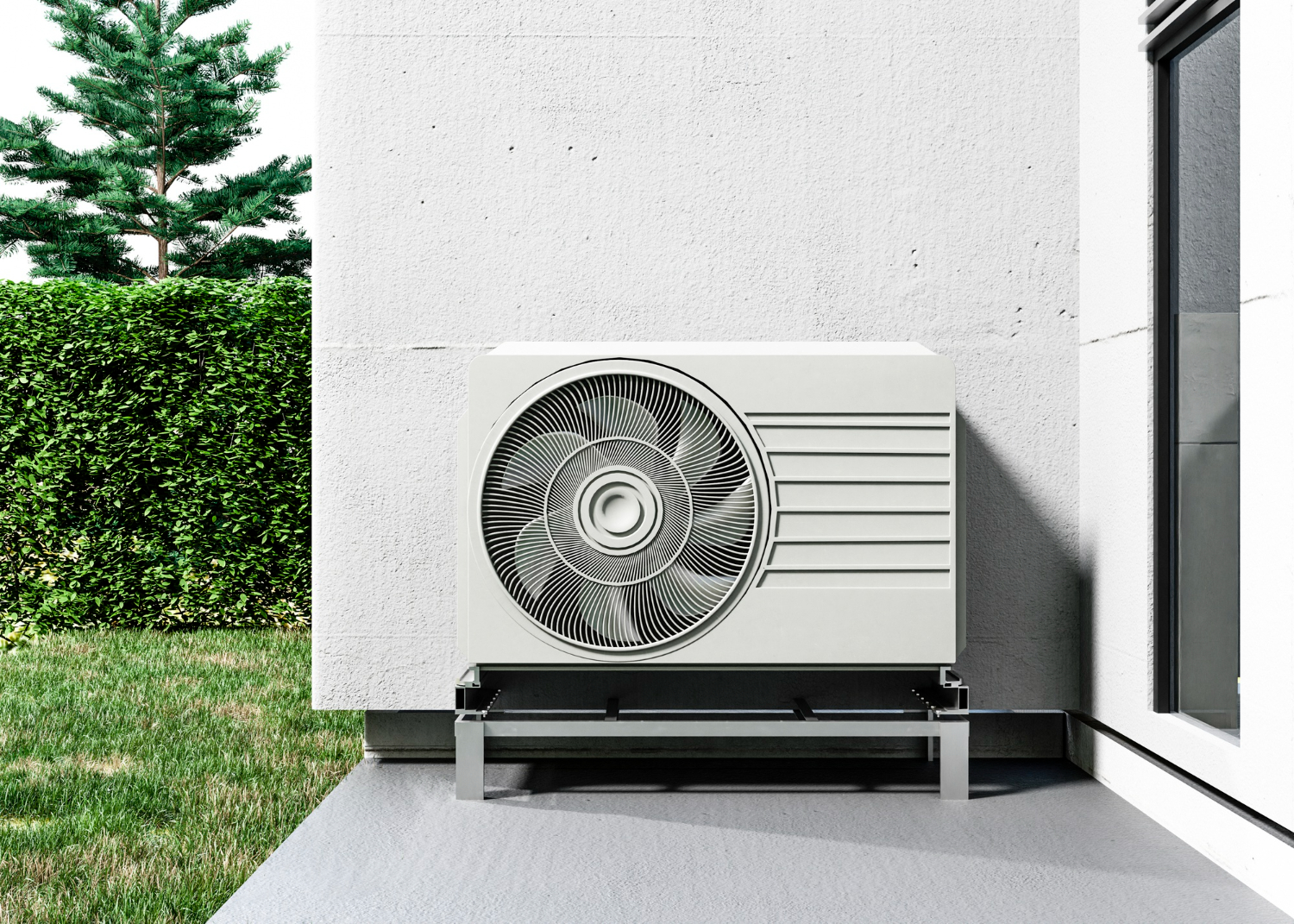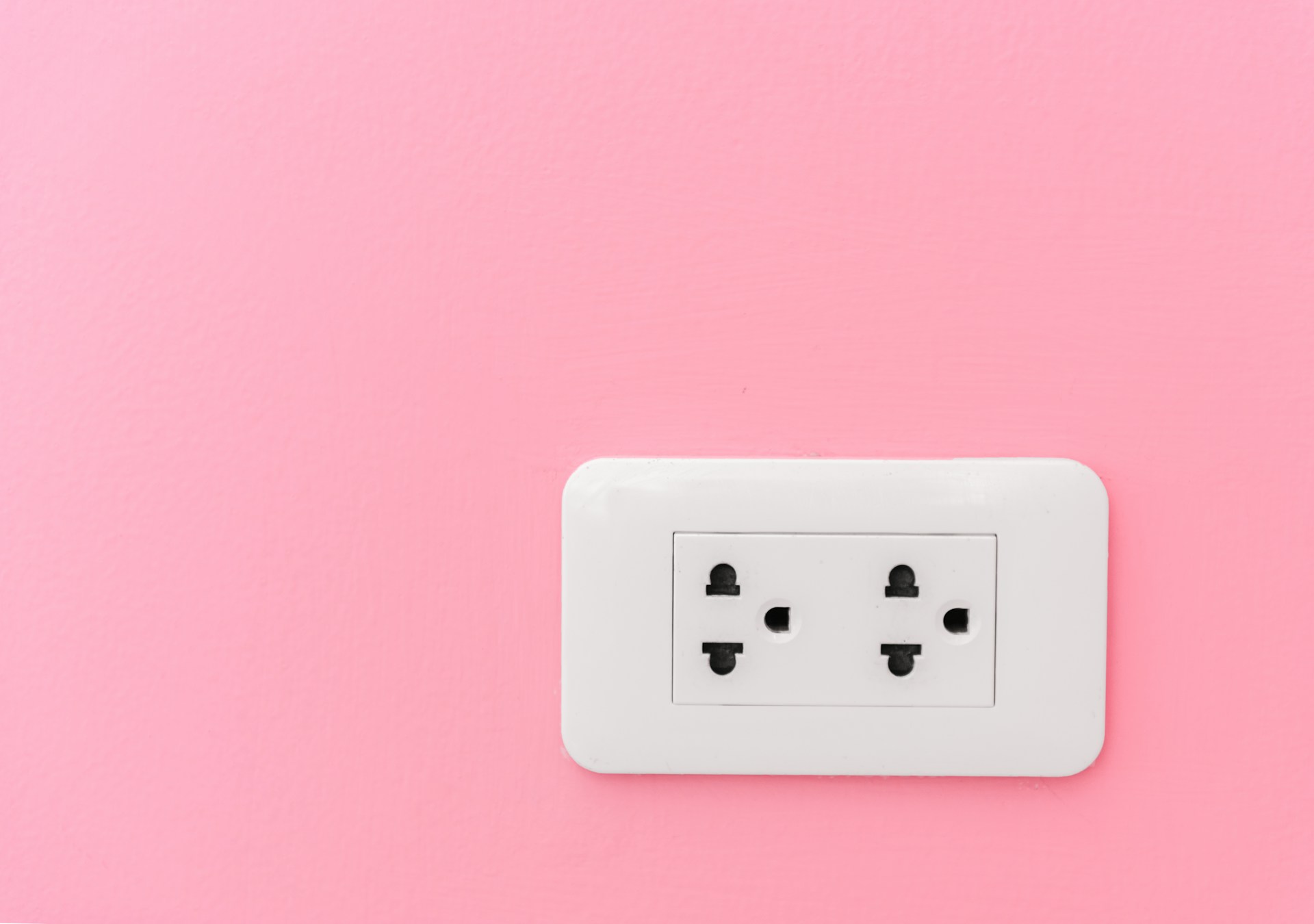
Solar Panel Efficiency Drops: Troubleshooting Decreasing Power Output

More homeowners in Concord are turning to solar energy to power their everyday lives. With reliable sunlight throughout much of the year and increasing interest in lowering electricity bills, installing solar panels has become a common upgrade. But even the most well-installed systems can run into an issue that's easy to overlook: a drop in power output.
If your solar energy system isn’t delivering the performance it once did, that might be more than just a fluke. Decreasing efficiency can affect your ability to stay connected, run your home smoothly, and maximize your return on investment. Understanding why your panels aren’t performing the way they should is the first step toward solving the problem and getting the most out of your solar setup.
Understanding Solar Panel Efficiency
Solar panel efficiency refers to how well your panels convert sunlight into usable electrical power. You won’t always get 100 percent efficiency, and that’s expected. Some energy is lost due to heat, equipment limitations, or environmental conditions. Still, there’s a baseline level of performance you should expect, and when your output drops well below that, it’s time to take a closer look.
The weather can play a big role in how much energy you get on any given day. Overcast skies, seasonal shifts in daylight hours, and high temperatures can all affect production. For example, it might seem strange, but extreme heat can actually reduce how efficiently panels operate. Then there’s shading. Even partial shade from nearby trees or debris on the surface can throw off your panels’ energy collection far more than you might guess.
Another key factor is age. As panels get older, their ability to produce energy gradually declines. This is normal to a point, but sudden changes in output may be a sign of something more than natural wear and tear. Tracking energy trends over time can help clarify if you’re dealing with normal efficiency loss or a larger issue needing attention.
Common Causes Of Decreased Solar Panel Output
When panels aren’t producing as much power as they used to, it could come down to a few possible causes. Identifying the issue early can prevent larger system problems and help you avoid more expensive repairs.
Here are some of the most common reasons for a sudden drop in output:
- Dirty or blocked panels: Dust, pollen, leaves, or bird droppings can build up quicker than you think. Even a thin layer can reduce the sunlight reaching your panels.
- Wiring or connection issues: Worn or loose wiring may disrupt energy transfer between the panels and your home.
- Panel aging or degradation: Older panels naturally become less efficient, especially if they have been operating in harsh sunlight for years.
- Excessive heat: Panels are designed to absorb sunlight, but extreme temperatures can reduce output by increasing internal resistance.
- Shading from new obstructions: A tree that grew taller or a new structure nearby could cast shadows that weren’t a problem before.
If you’ve ruled out simple causes like debris or shade, it might be time for deeper testing. Panels and inverters need to work together properly, and a fault in either can lead to inconsistent output. A drop in power may sometimes signal that the issue lies elsewhere in the system, not right up on the roof.
Troubleshooting Steps for Homeowners
When your solar panels in Concord stop producing as much energy as they should, there are a few things you can investigate before reaching out for help. While more serious problems require professional attention, spotting surface-level issues early can help avoid unnecessary downtime.
Homeowners can take the following steps as part of a basic troubleshooting process:
1. Look for Visual Obstructions
Start with a walk around your property, preferably during midday when the sun is overhead. Stand back and check if your panels are shaded by anything that wasn’t there before. New tree growth, sagging branches, or even bird nests can block sunlight more than expected. Dirt, leaves, or dust buildup might not be visible from ground level, so it may help to use binoculars or a mounted camera for a closer look if possible.
2. Check the Inverter Display
Your inverter should show performance information or error messages. Look for any flashing lights, fault codes, or poor production readings. If you notice anything unusual, make a note of it along with the time and date. This can help during a service call.
3. Inspect for Obvious Damage
From the ground or a safe ladder, try looking for cracks in your panels, corrosion at wire connections, or parts that may look misaligned. A sagging wire or loose mounting bracket could point to a physical problem with the system. Do not touch any components. This step is just about gathering information.
4. Monitor Energy Output Logs
If your system includes a monitoring interface, use it to compare daily or weekly stats. Sudden dips in performance without a change in weather may indicate something more technical that needs to be fixed or adjusted.
5. Avoid Attempting DIY Fixes
While checking the system visually is helpful, trying to repair or adjust solar components on your own can do more harm than good. Handling wiring, climbing onto the roof, or unplugging equipment without the right tools or knowledge is not safe. It's better to leave technical work to our professionals who are trained in solar diagnostics.
As an example, a homeowner in Concord recently noticed a steady 15 percent drop in solar output across several weeks. They thought the summer heat might be to blame, but after a basic check, they discovered a neighbor’s new fence was casting heavy shade across two rows of panels each morning. Once that was addressed, output returned to normal levels.
When to Call Our Professionals
Sometimes, basic troubleshooting isn’t enough. If your panels are clean, well-positioned, and clear of shade but output still drops sharply, it's time to bring in our professionals. There could be a deeper issue within the system wiring, inverter, or panel configuration that’s not visible from the surface.
Some signs it's time to schedule a service visit include:
- Constant or recurring fault codes on your inverter
- Big differences in output between identical panels
- Unusual sounds around the inverter or panel frames
- Sudden drops in energy production that don’t improve with weather
Professional maintenance can help find things that aren’t obvious at first glance, such as internal component failures or wiring resistance caused by corrosion. Testing tools and diagnostic equipment allow our technicians to isolate the problem and get your system back on track without guesswork.
Routine maintenance also helps extend the life of your solar array. Loose wires, cracked seals, and temperature stress can quietly affect system performance over time. If left unchecked, these issues can lead to lower output or more costly problems later.
Keeping Your Solar Investment Efficient
Maintaining solar panel efficiency doesn’t end with cleaning or simple inspections. Energy output depends on a mix of conditions you can see and issues you can’t. That’s why it’s smart to treat any consistent drop in performance seriously. Small losses, if ignored, can turn into bigger problems that take longer and cost more to correct.
By checking your system regularly, staying aware of any changes in shade or debris, and watching inverter messages, you can respond quickly to anything unusual. And if a problem feels out of reach, bringing in trained personnel for a deeper assessment keeps your panels running smoothly through every season.
Your panels are a long-term investment. Keeping them productive year after year comes down to early detection, quick response, and expert care when needed. Don’t wait for a massive drop in energy to act. Being proactive ensures your home continues to benefit from clean, consistent power all across Concord.
If you're still facing issues with your solar panels after checking for obstructions and faults, consider getting help from Green Air Heating and Air Conditioning, Inc. Our team is ready to review your system and guide you through a solution that minimizes downtime and ensures a consistent power supply. Homeowners in Concord have found that working with experienced professionals makes all the difference, and connecting with solar companies in Concord can be a great first step toward restoring your system's output. For a quick estimate or to book a service visit, please contact us today.
Customer Testimonials
Our clients love the energy solutions we provide!
Ready to Transform Your Home?
















